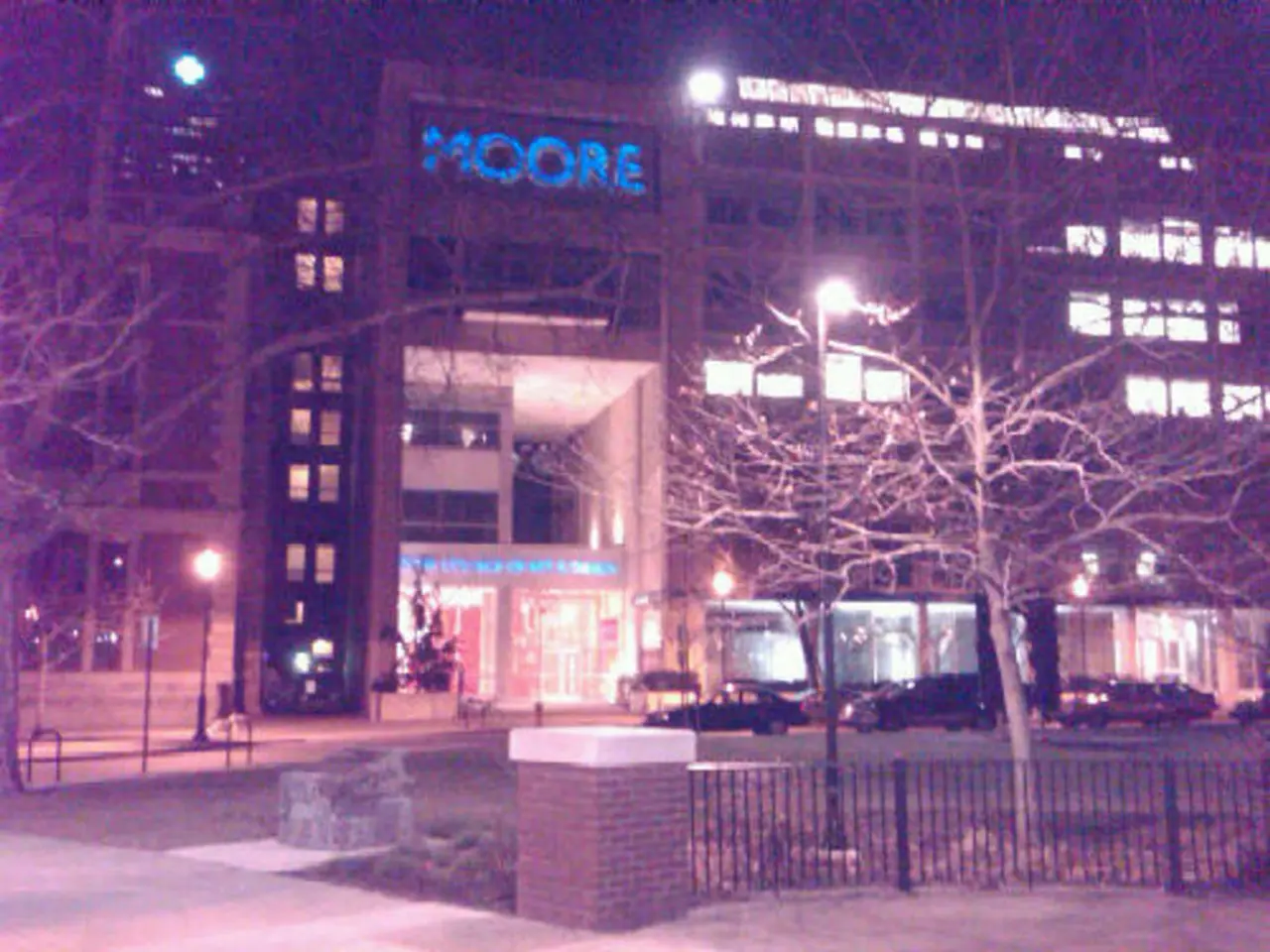Urgent medical concerns: The majority of Berlin residents seek emergency care
In Berlin's emergency departments, long wait times are a common issue, and a recent Forsa survey commissioned by AOK Nordost has shed light on one of the main causes: non-urgent health issues.
The survey revealed that many patients seek emergency care for conditions that could be treated in less acute settings, leading to an increase in patient volume and a strain on emergency department (ED) capacity. This phenomenon, known as emergency department crowding, prolongs wait times for all patients.
The survey found that 74% of participants did not contact the medical association's on-call service (116 117) before going to the ED. This influx of non-urgent cases, especially in urban areas where access to primary care or urgent care may be limited or perceived as inconvenient, strains resources that are primarily intended for critical emergencies.
The result is a decrease in overall efficiency and an increase in waiting periods. In Berlin, emergency department patients often wait up to 90 minutes to be seen.
Emergency departments often serve as a catch-all for diverse health needs, including minor illnesses and injuries that do not require emergency intervention. This inappropriate use of EDs delays care for truly urgent patients and extends the overall length of stay and waiting times within emergency departments.
The Forsa survey commissioned by AOK Nordost did not find a significant improvement in the use of medical triage services in Berlin. Medical triage is available 24/7 at no cost for acute issues in Berlin's EDs.
Interestingly, the survey showed that only 8% of participants had contacted the medical association's on-call service for an initial assessment. On the other hand, 26% of participants went to the ED because they were sent by a doctor's office. However, the survey did not find a significant correlation between being sent by a doctor's office and shorter wait times in the ED.
The survey revealed that the majority of emergency department visits in Berlin are not due to acute health issues. Furthermore, the survey found that few people went to the ED on explicit medical advice, with 74% of participants going to the ED without such advice.
This understanding aligns with broader healthcare research on emergency department crowding and its causes in Germany. The survey indicated that the emergency departments in Berlin continue to face issues with people coming in without urgent health problems.
In conclusion, the main reason non-urgent cases contribute to long waits in Berlin’s emergency departments is because they increase patient numbers beyond what emergency infrastructure can handle efficiently, reducing timely care access for critical cases. It is crucial for patients to seek appropriate care settings for their health issues to alleviate the strain on emergency departments and ensure timely care for all patients.
The Forsa survey highlighted that many non-urgent health issues are being treated in Berlin's emergency departments, leading to an increased strain on resources and longer wait times for all patients. This inappropriate use of emergency departments, where 74% of participants did not seek initial medical advice before visiting, contributes significantly to the emergency department crowding issue.
To address this problem and ensure timely care for critical cases, it is essential for patients to seek appropriate care settings for their health issues and avoid unnecessary visits to emergency departments. This shift in behavior could alleviate the strain on emergency departments and improve overall efficiency of the healthcare system.




